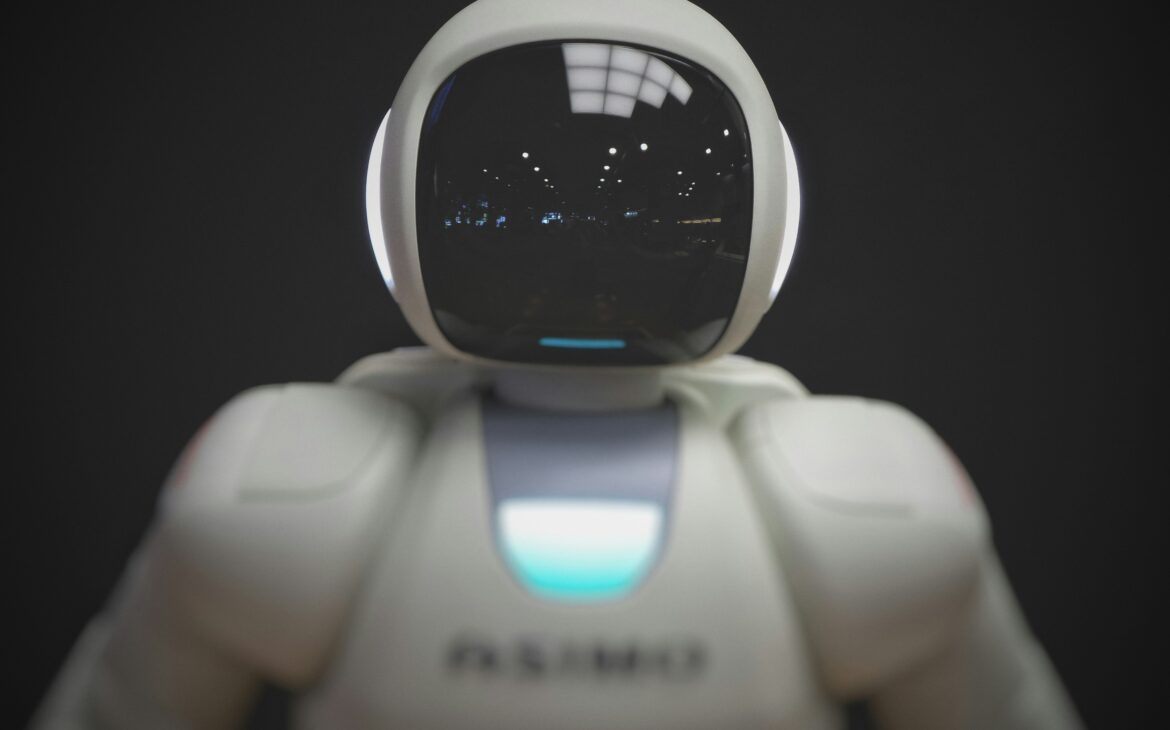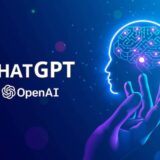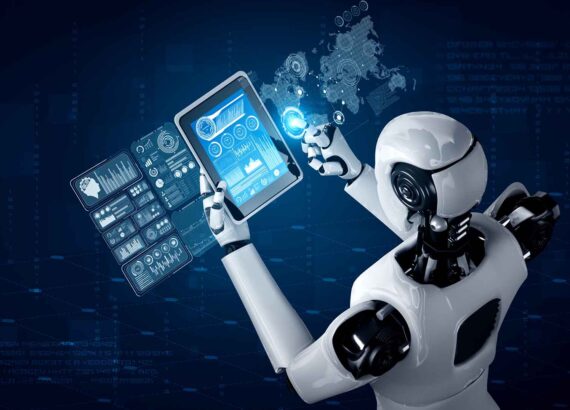The Evolutionary Journey: How AI Has Developed Over the Years
Artificial Intelligence (AI) has evolved significantly over the years, transforming from a theoretical concept to a powerful technology that permeates various aspects of our daily lives. Understanding the origins and development of AI is crucial to appreciating its current capabilities and potential future impact.
This article delves into the evolutionary journey of AI, exploring key milestones in its development, revolutionary advancements in machine learning and deep learning, diverse applications across industries, ethical considerations, and exciting future possibilities. Join us on this enlightening exploration of how AI has shaped and continues to shape our world.
The Origins of Artificial Intelligence
Defining Artificial Intelligence
Artificial Intelligence, or AI, refers to the simulation of human intelligence processes by machines, such as learning, reasoning, and self-correction.
The Birth of AI: Early Concepts and Influences
AI’s roots can be traced back to ancient civilizations’ myths and folklore, but its modern form emerged in the mid-20th century with pioneers like Turing and McCarthy.

Early Milestones in AI Development
In 1956, the Dartmouth Conference brought together experts to discuss the potential of AI, setting the stage for the field’s formalization and growth.
Symbolic AI and Expert Systems
Symbolic AI, based on rules and logic, led to the development of expert systems that could mimic human decision-making in specialized domains.
Machine Learning Revolution
Introduction to Machine Learning
Machine Learning is a subset of AI focusing on algorithms enabling machines to learn from data and make predictions or decisions without explicit programming.

Key Algorithms in Machine Learning
Algorithms like Linear Regression, Support Vector Machines, and Random Forests play crucial roles in classification, regression, and clustering tasks.
Deep Learning and Neural Networks
Understanding Neural Networks
Neural Networks are AI models inspired by the human brain’s structure, consisting of interconnected nodes that process information and learn patterns.
Deep Learning Breakthroughs
Deep Learning’s advancement has led to breakthroughs in image and speech recognition, natural language processing, and other complex tasks, revolutionizing various industries.
AI Applications Across Industries
AI in Healthcare
Regarding healthcare, AI is like a trusty sidekick, helping doctors analyze large amounts of medical data to diagnose conditions more accurately and efficiently. From medical imaging to personalized treatment plans, AI is revolutionizing the way we approach healthcare.
AI in Finance
In the finance world, AI is the money-savvy wizard that crunches numbers faster than you can say “compound interest.” From fraud detection to risk assessment, AI algorithms are helping financial institutions make smarter decisions and provide better services to their customers.
Ethical Considerations in AI Development
Privacy and Data Security
Privacy in the age of AI is like protecting your secret recipe for grandma’s cookies – essential. With AI collecting and analyzing vast amounts of data, keeping personal information secure is crucial to maintaining trust between users and AI systems.
Bias and Fairness in AI Systems
Just like a quirky uncle at a family dinner, AI systems can sometimes show biases in their decision-making processes. Ensuring fairness and inclusivity in AI algorithms is key to building a more equitable society and avoiding unintentional discrimination.
Future Trends and Possibilities
Advancements in AI Research
AI research is evolving faster than a toddler learning to walk. From developing more sophisticated algorithms to exploring new applications in robotics and healthcare, the future of AI holds endless possibilities for innovation and discovery.
The Role of AI in Society
As AI becomes more integrated into our daily lives, its impact on society is akin to a new roommate moving in – exciting yet full of adjustments. From reshaping industries to influencing social norms, understanding and navigating the role of AI in society will be crucial for shaping a future that benefits us all.

Conclusion
In conclusion, the evolution of Artificial Intelligence is a dynamic and ongoing journey that holds immense promise for the future. As we navigate the complexities of AI development, it is essential to remain mindful of ethical considerations and societal implications. By embracing innovation responsibly and fostering a collaborative approach to AI advancement, we can harness its potential to drive positive change and shape a more intelligent and interconnected world for generations to come.
Thank you for reading 🙂
Buy Web Hosting at an affordable price: Buy Now
If you want to build your website at an affordable price contact: www.nextr.in
Read this: How To Become A Web Developer?


















